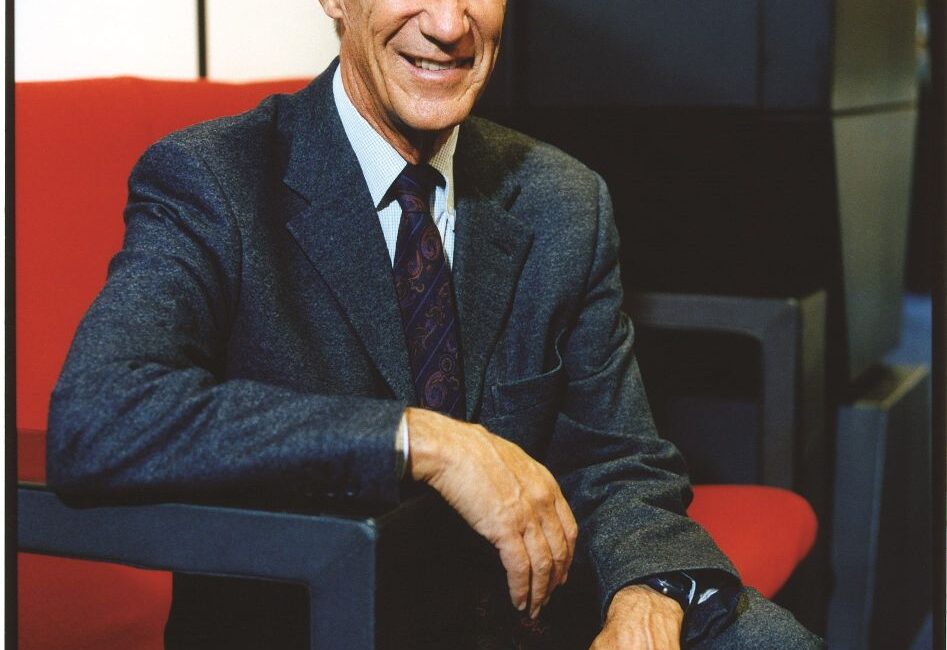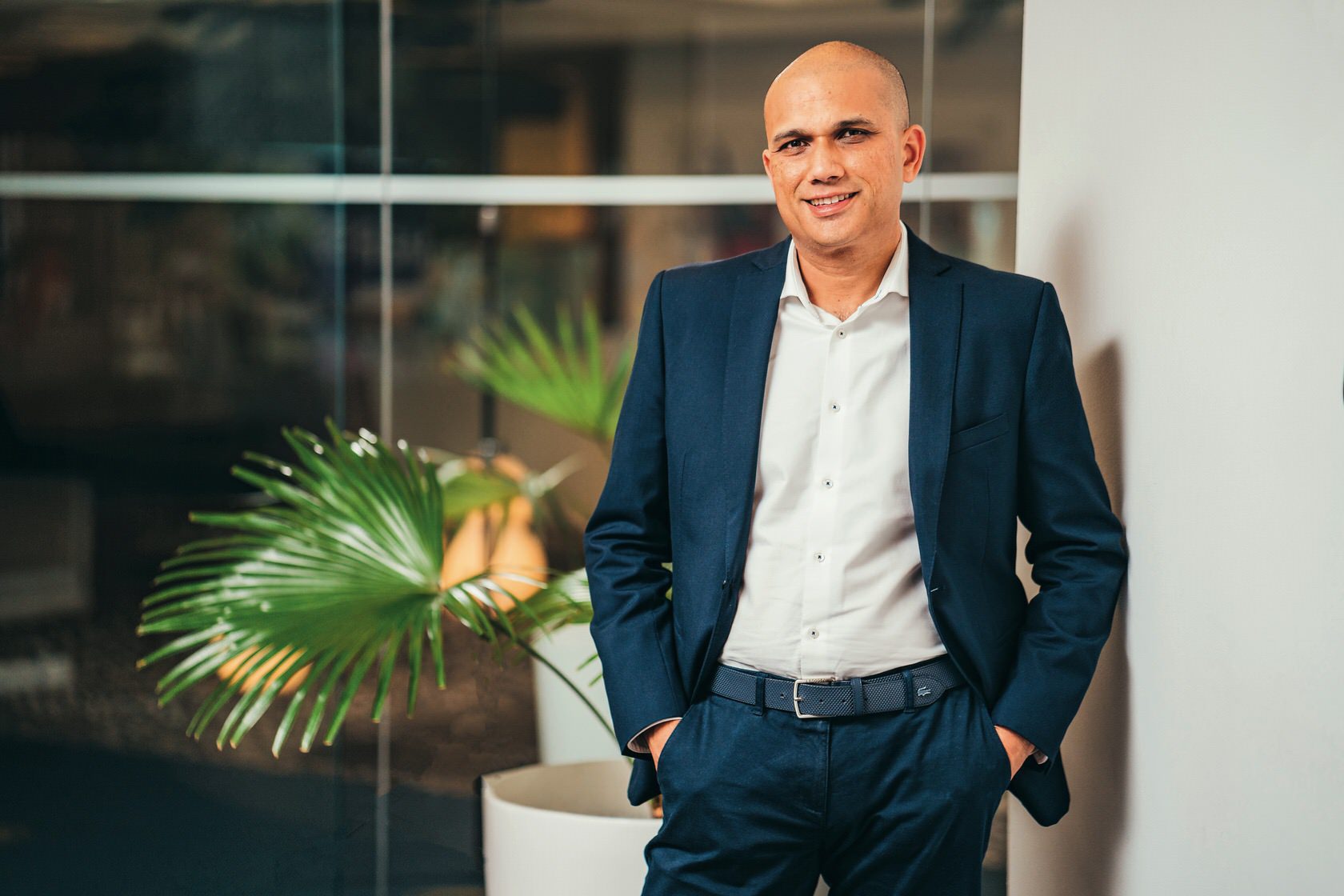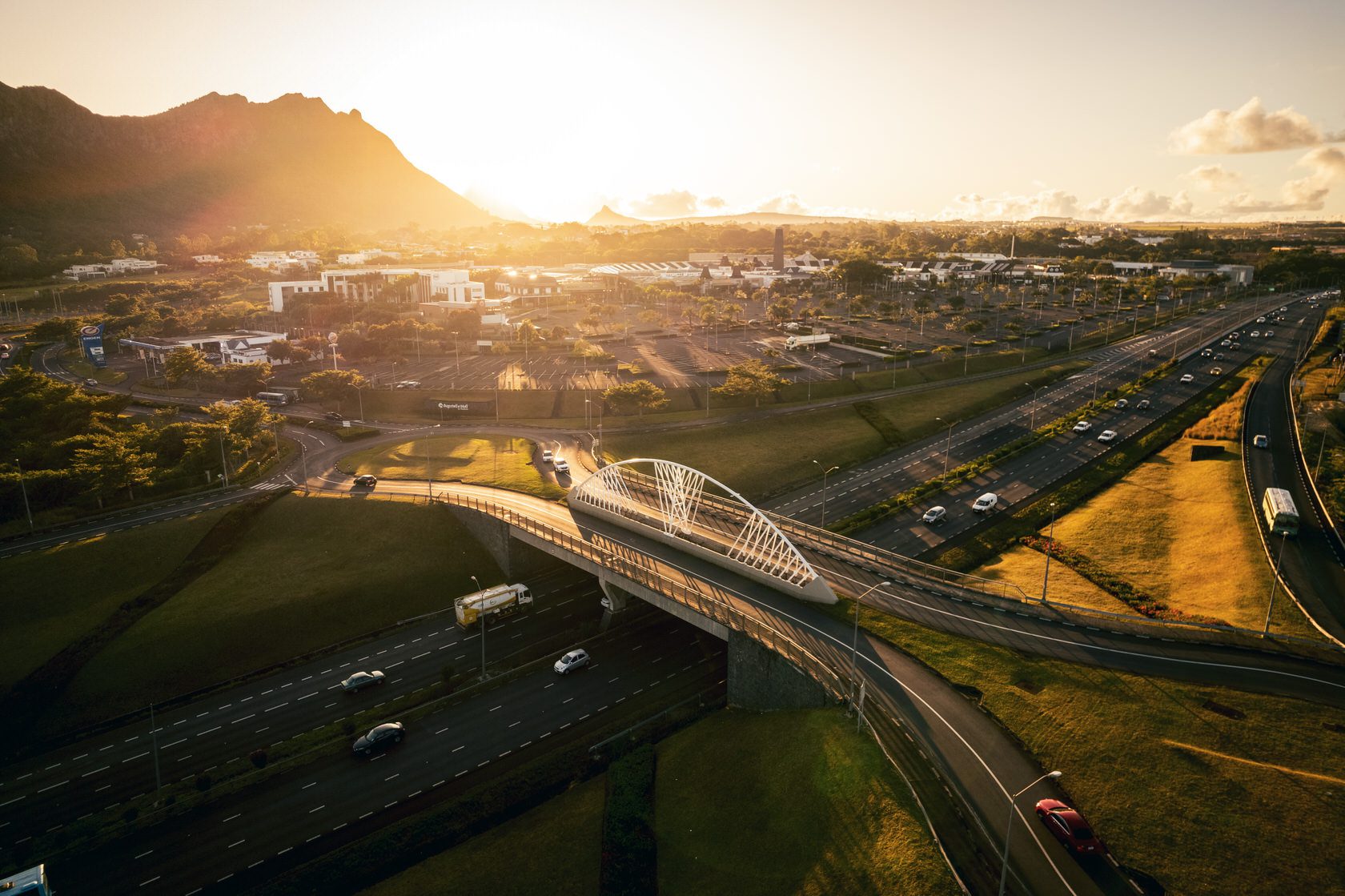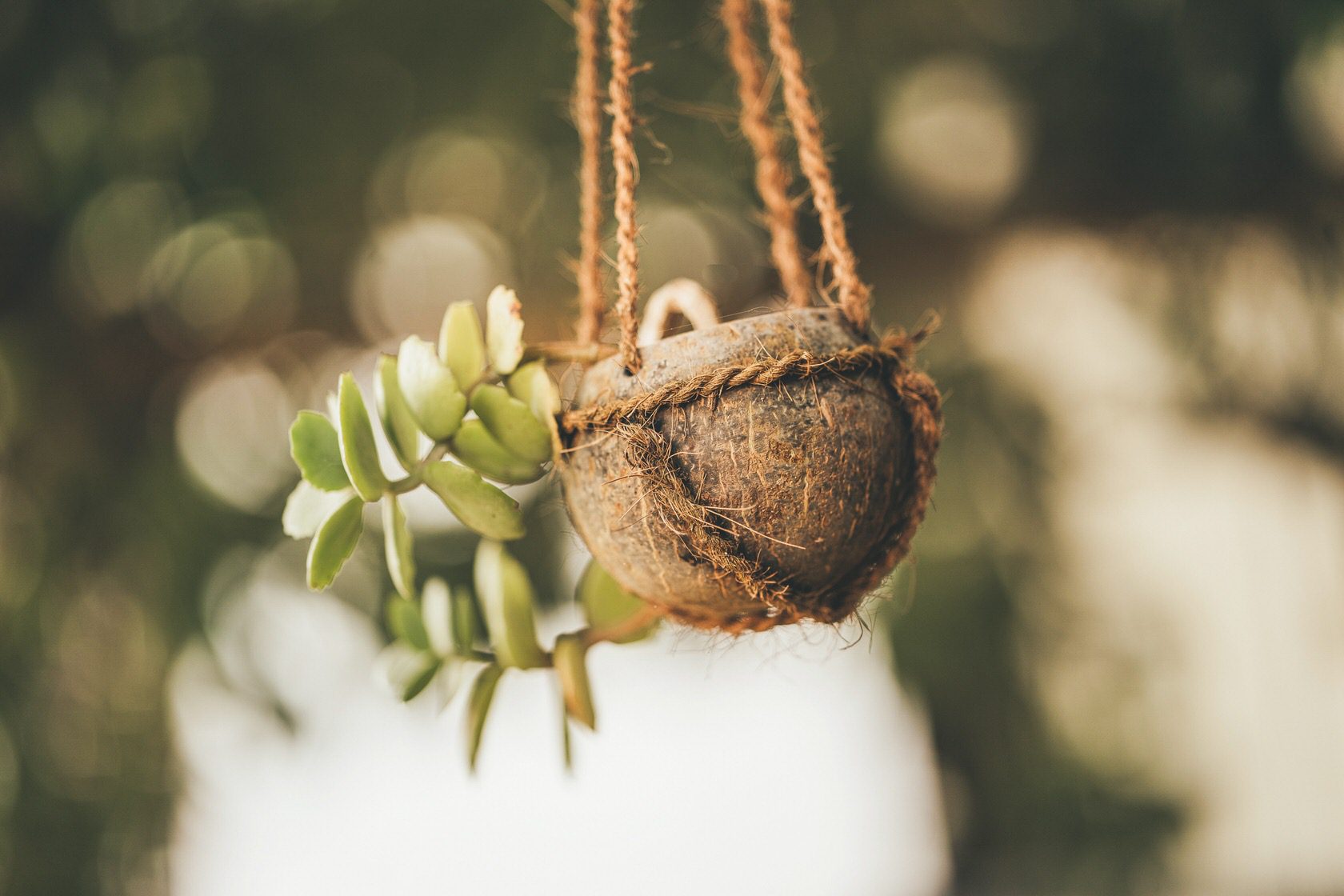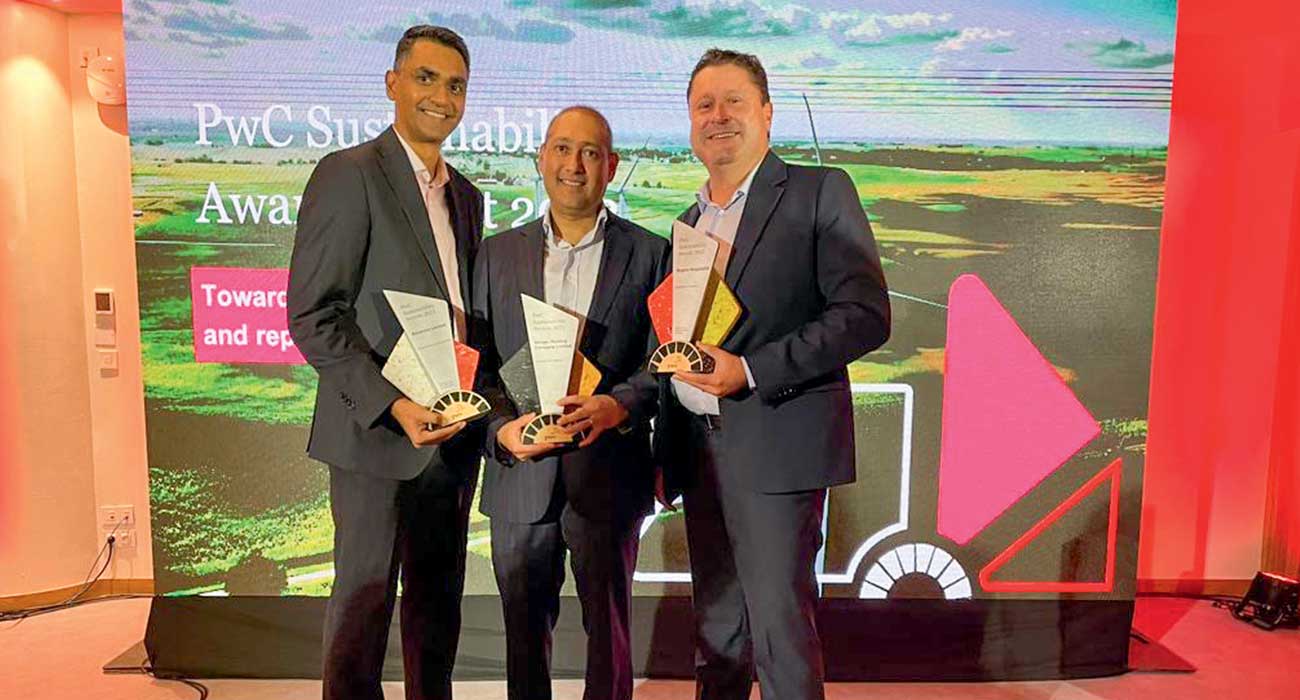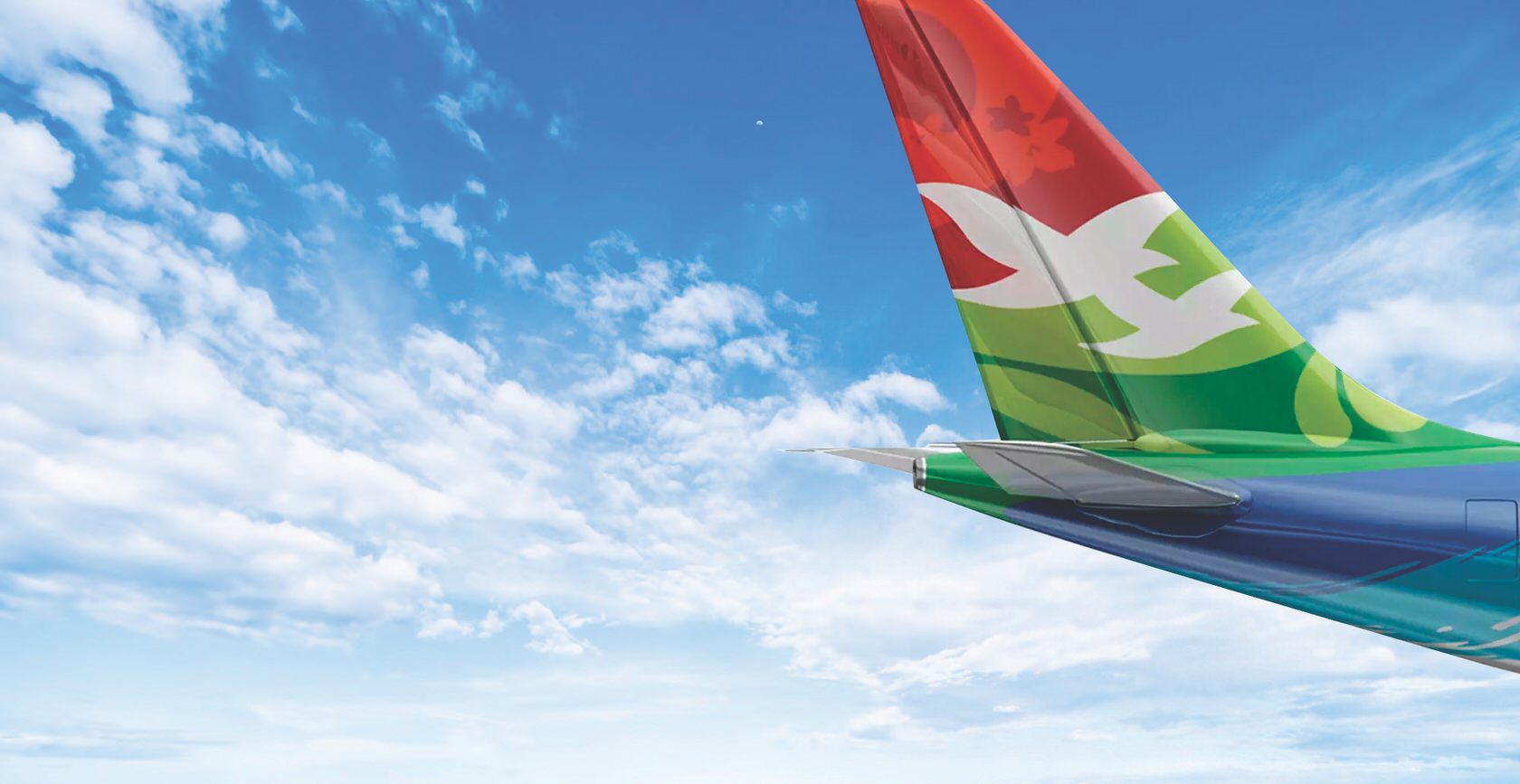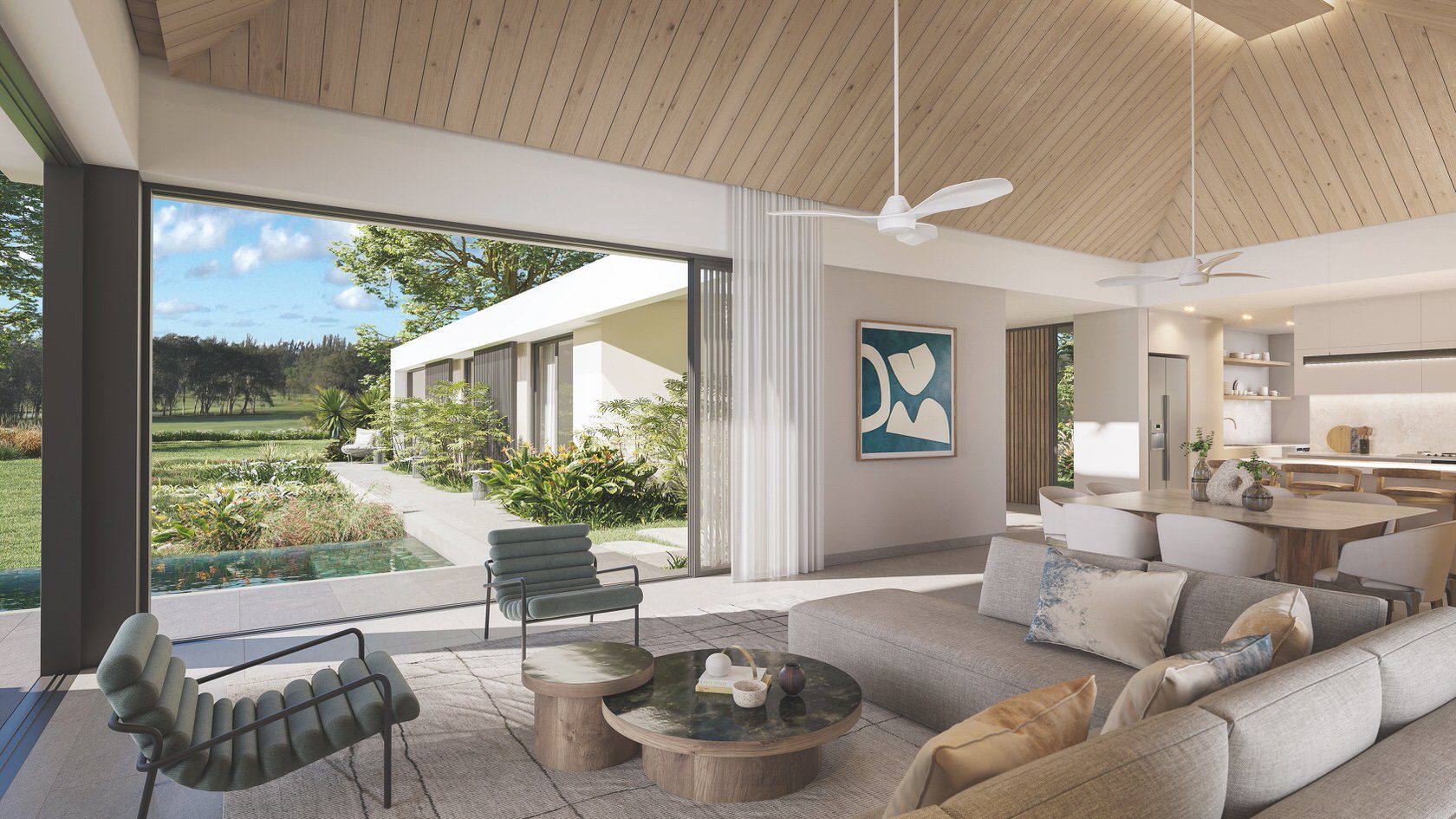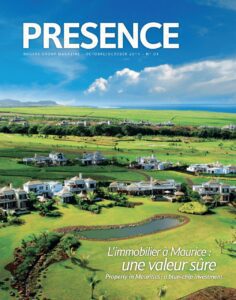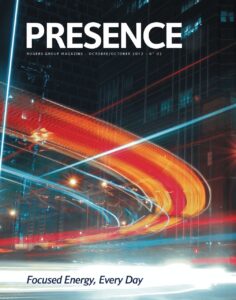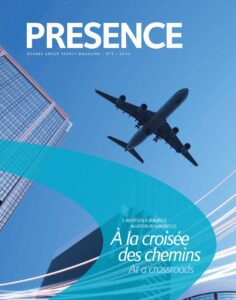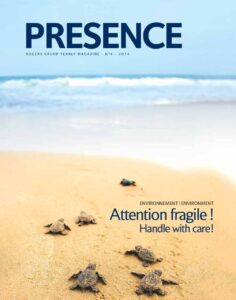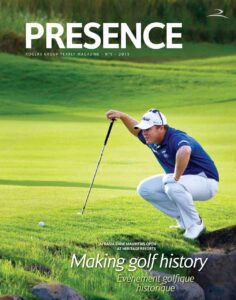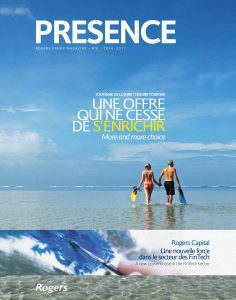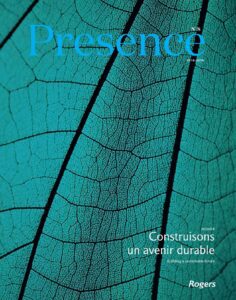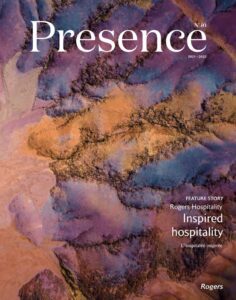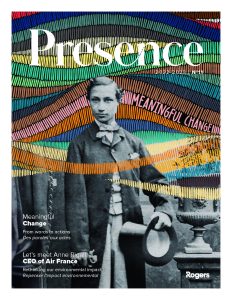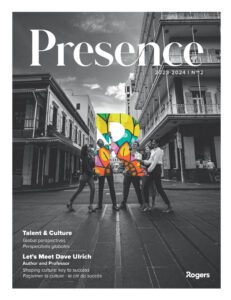Joël de Rosnay, Adviser to the Prime Minister on the Maurice
Ile Durable (MID) project.
photos : bruno lévy | françois rogers | deeneshen sabapathee
The French scientist and science writer, Joël de Rosnay, is in fact of Mauritian origin. In his opinion, the sustainable island concept is far from being an environmental fantasy. For the international community, Mauritius is a country that has initiated some of the most promising approaches to sustainable development.
What exactly does your role as the Mauritian Prime Minister’s Adviser on the ‘Maurice Ile Durable’ (MID) project involve?
As adviser to the Prime minister, I share and support his long-term vision through the MID 5E (Energy, Environment, Education, Employment and Equity) action plan. Although at a distance, thanks to modern technology, I am able to follow the project closely. It means I was able two years ago to prepare the nominations of those who might preside the Working Groups to plan the future of the MID, as well as the agenda for the various meetings. This was through regular contact with Osman Mahomed, the Executive Chairman of the MID Commission, and with Ghislain Gomart, adviser in the Prime Minister’s Office, through their invaluable information and through our meetings in Paris. It also meant the Prime Minister was able to remain informed about our role in advancing the activities of the six Working Groups, whose reports I was very interested to see. An adviser can be effective even 6,000 miles away thanks to the telephone, e-mails, Skype and meetings in Paris with government advisers. I make notes and give my opinion. The Prime Minister has often consulted me about a number of projects that might determine Mauritius’ future and I know how much importance he attaches to the visionary MID project. His public pronouncements in Mauritius and abroad have made a deep impression on people. I’ve also been keeping in touch with Tourism and Environment officials.
What progress have you seen since the project was launched in 2007 and what major steps have yet to be taken to meet the objectives fixed by the project?
There have been a number of major advances but often behind the scene, notably the in-depth work of the MID 5E groups in line with the Prime Minister’s vision for the future. MID is a long-term project, which will have a decisive impact on Mauritius’ future. 2040 has been fixed for Mauritius to be almost self-sufficient in energy production. All the elements in the project have to be implemented with the relevant ministries and with other bodies involved, in consultation with the population and in association with the National Assembly, the media, organisations and industrialists. It takes time but is done in everybody’s interest. I believe that with clear political will, appropriate financing and international co-operation, the production of 65% of energy needs from renewable sources is entirely achievable by 2030. However, it needs to be accompanied by substantial energy savings across the country, an improvement in energy efficiency and the gradual introduction of a Smart Grid, a network using digital technology to distribute and regulate electricity, as a number of countries are doing. It will mean being able to go beyond the current limit of 20% that the current network is able to handle. Moreover, a smart grid is built around micro-networks (villages, towns, regions) which are interconnected. It means a start needs to be made now.
A lot has already been done for sustainable development but a lot remains to be done. A global strategy has been in operation since the Mott MacDonald report providing a roadmap for the various ministries involved. The government has released funds to start a number of projects, accepted the principle of small independent power producers (SIPP) and the need to develop an integrated energy system. The concept of a sustainable island is far from being an environmentalist’s fantasy.
It cuts across all the challenges the country has to face: energy, land and waste management, environmental conservation and the spread of sustainable environmental awareness across all sectors of the economy. They are the challenges the world faces. The first objective of the MID project is to position Mauritius as a country which exploits its renewable energy resources in a sustainable way. As part of an energy mix, these environmentally-friendly sources can make Mauritius an example for the world. The gods have been kind to Mauritius. It already has 12 sources of energy, including photovoltaic, solar heat, wind, biomass for burning, biogas, biofuel, hydroelectricity, geothermal, wave power and hydrogen.
Can you give us examples of what other countries are doing, for example in terms of waste management and their renewable energy combinations?
The waste management situation could become alarming unless urgent measures are taken. There are very different forms of waste. For example, organic waste can be composted, creating employment and useful in agriculture. Systematic incineration solutions are no longer appropriate. Rather it would be useful to look at what China is doing in converting domestic and agricultural waste into biogas. We need to think of creating something useful from waste in terms of what we call industrial ecology. One company’s waste can become raw material for others if a circular economy is organised at a national level. Reunion Island can also provide interesting examples for Mauritius, particularly solar photovoltaic panels and systems. Or there is combining various forms of energy with electricity storage, which is what is done in a remarkable way via Corsica’s MYRTE platform. 3,500 square metre solar panels furnish electricity for the electrolysis of water into oxygen and hydrogen. At night, the hydrogen (which is in fact solar energy conserved) is used in a fuel cell to provide 3,500 homes with electricity. Mauritius should take inspiration from such hybrid projects which combine intermittent forms of energy and storage methods in a systematic way.
Do you share the view that environmental protection makes economic sense? What should businesses do and are industrialists convinced of the value of the MID project?
The concepts of sustainable development and environmental protection are beginning to take root in Mauritian business companies, in particular in their social responsibility programmes. This tendency is likely to grow and reach all parts of society. I have proposed the concept of “regulated and adapted development” and consolidated investment in eco-resources. These are the environmental resources of Planet Earth or of a country such as Mauritius. Consolidated investment in environmental capital fits in well with my idea of sustainable development. I think that those involved in tourism, the large hotel groups, are beginning to realise that investment in green tourism can attract a new category of tourist. Investment in energy, air conditioning and hot water efficiency savings not only adds to profitability but produces long-term savings.
Do you think there is the political will in Mauritius to take these issues forward?
Mauritius is ready for an energy transition. It’s all a matter of choice, priorities and political decisions. Production could be a mix of renewable energy sources, both permanent and intermittent. Mauritius needs a substantial programme of investment for the future over the next decade, based on the 12 sources of renewable energy available locally, energy savings and energy efficiency, with distribution using a Smart Grid. This grid would be linked to smart meters installed in all homes by 2020 and connected to smartphones. It’s what I’ve called the Smart Mauritius: smart meters, smart phones, smart grid project. But such a project needs political will. There are towns and countries that have done it already. Mauritius could be self-sufficient in energy by 2040. But structures and policies need modifying with, for example, a move towards a Central Energy Board, which would act as an adviser and a broker in the production and sale of electricity. The Central Electricity Board (CEB) cannot continue as both judge and jury and it needs reform. It cannot decide on policy orientations and at the same time assure their technical application. The energy programme needs to be under the responsibility of both the Energy ministry and also that of the Environment and Sustainable Development. The technical aspects would be for the CEB, which would act as a broker on the ground in buying electricity from SIPPs in order to develop various and decentralised forms of renewable energy production (wind, hydro, solar, biogas, geothermal, etc.). There would be long-term benefits in various ways, firstly in terms of job creation and increased growth but also the strengthening of the country’s international competitiveness. There would also be the side benefit of empowering citizen involvement.
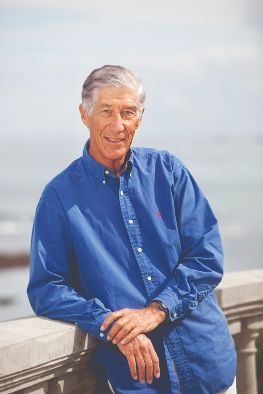
What urgent measures are needed to make the MID 5E project seem really successful to Mauritians?
The MID 5E must be re-inserted in the 2015 and 2016 budgets. The Minister of Finance should make a televised broadcast on the need to consider MID 5E as a project to bring the whole country together. A “Ministerial Committee for Energy Transition” needs creating urgently, with an MP with a good image and reputation who would represent MID’s political and media presence in people’s minds. At the moment, things are too dispersed between the ministries involved and there’s a lack of co-ordination. In 2015, the government should also launch the Smart Mauritius: smart meters, smart phones, smart grid project, a vast programme of investment in the future over the next decade. Nothing can be done however without the support of the whole population and not least young people. The relevant ministries should mobilise universities, schools and the media to encourage youngsters to participate in advancing MID 5E.
From Kyoto to Rio, numerous conferences on the environment seem to have led only to pious promises. Can a small island country reasonably expect to influence major global issues, especially when the biggest polluters are reticent about adhering to a sustainable environment project?
There are too many divergences between North and South to arrive at global climate agreements and a green strategy. But, so far as Mauritius is concerned, the international community has already classified the country as one of the countries in the world, and especially amongst emerging countries and small island states, which displays one of the most promising approaches to sustainable development. It was perhaps a determining factor in Rio+20. Do you remember the Prime Minister’s declaration to UNESCO in 2008 and in Copenhagen in 2009? “If Mauritius succeeds, the whole world can succeed.” The sustainable strategy of Mauritius is respected internationally and the Working Groups’ recommendations will reinforce post-Rio+20 and the Mott MacDonald report.
As things stand, and given your status as a futurologist, what are your forecasts on the future of our marine environment?
The major hotel and building projects risk spoiling the coastal landscapes and fishing zones if there are no prior consultations amongst all those involved. Moreover, it is rarely environmentally sound to modify beaches or the seabed. Such meddling should be carried out in agreement with people locally and in comparing the advantages, especially for tourism and job creation, against the risks posed to local fishing. What ecologists and fishermen fear, for example, is the disappearance of small islets or sandbanks surrounding the lagoons and the flight of whole schools of fish. It is therefore unsurprising that fishermen mobilise themselves to try and inform the authorities about the environmental dangers posed by excavation works. The solution to these environmental problems is generally co-operation and compensation. It is probably necessary to envisage such approaches to avoid misunderstandings on the one hand and on the other the multiplication of hotel and building projects on the coast.
surfing scientist
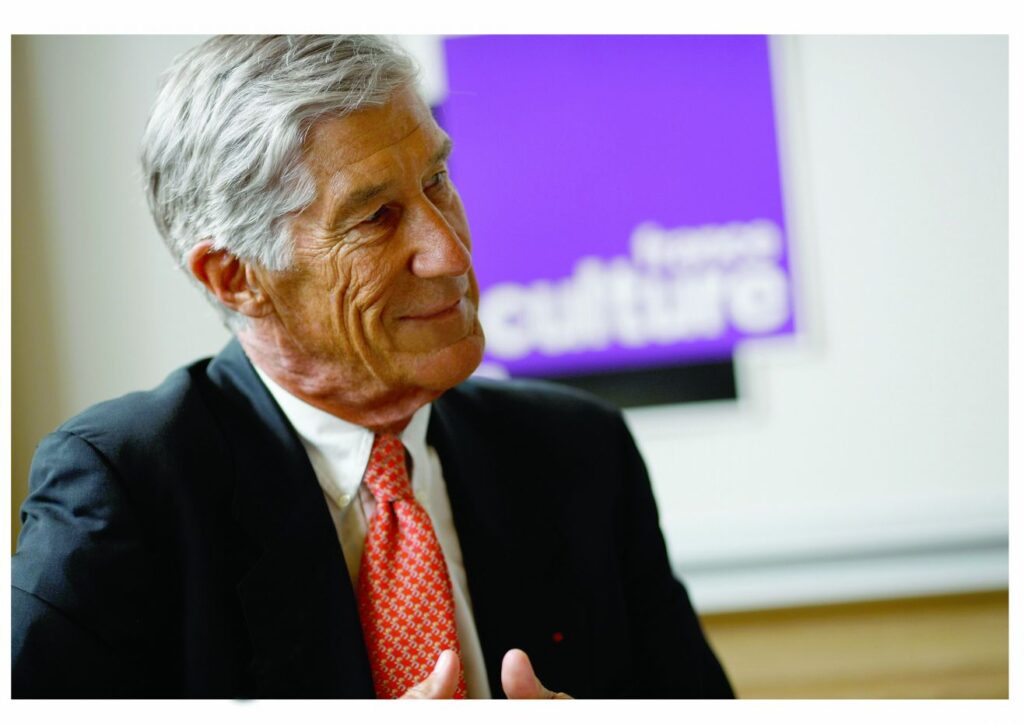
Bruno Mazurkiewicz has been leading the new passenger terminal project at SSR International Airport since 2008. Prior to that, he was head of the Energy and Logistics Division of the Paris-Charles de Gaulle hub. In his 25 years with the Aéroports de Paris(ADP) group, he acquired considerable experience in construction and maintenance management as well as in airport infrastructure operational management. His first years with ADP were spent in posts commissioning and carrying out terminal construction and aircraft hangar works.

